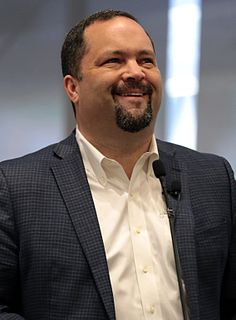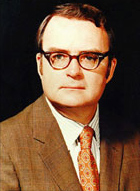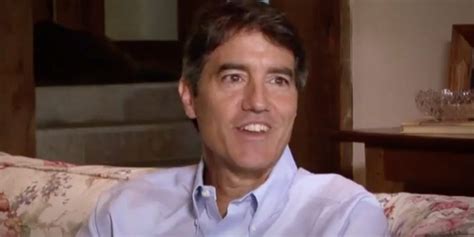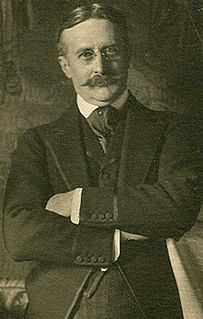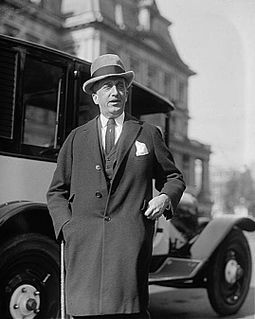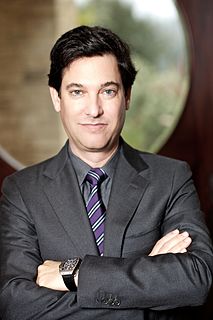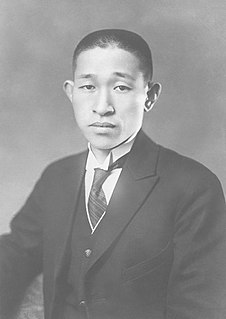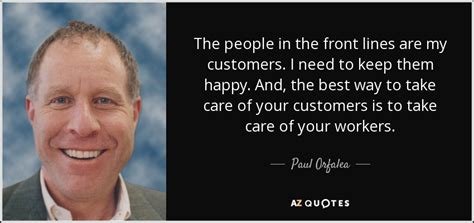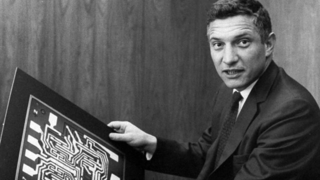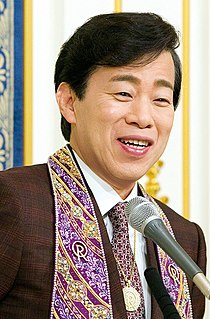A Quote by Karl-Johan Persson
Ninety-nine percent of everyday things are things we don't need - that goes for regular visits to the hairdresser just as it does for clothing. What would it mean if we all consumed 20 percent less? It would be catastrophic. It would mean 20 percent less jobs, 20 percent less taxes, 20 percent less money for schools, doctors, roads. The global economy would collapse.
Related Quotes
Economists often talk about the 80/20 Principle, which is the idea that in any situation roughly 80 percent of the “work” will be done by 20 percent of the participants. In most societies, 20 percent of criminals commit 80 percent of crimes. Twenty percent of motorists cause 80 percent of all accidents. Twenty percent of beer drinkers drink 80 percent of all beer. When it comes to epidemics, though, this disproportionality becomes even more extreme: a tiny percentage of people do the majority of the work.
I would cap the amount of federal government can spend at 20 percent of the economy. Bring it back to 20 percent or lower. And say, we are not going to spend above that level. Democrats, they want to raise your taxes and spend more and more and turn us into an economy which is no longer driven by the private sector.
I'm going to create tremendous jobs. And we're bringing GDP from, really, 1 percent, which is what it is now, and if Hillary Clinton got in, it will be less than zero. But we're bringing it from 1 percent up to 4 percent. And I actually think we can go higher than 4 percent. I think you can go to 5 percent or 6 percent.
You go into a community and they will vote 80 percent to 20 percent in favor of a tougher Clean Air Act, but if you ask them to devote 20 minutes a year to having their car emissions inspected, they will vote 80 to 20 against it. We are a long way in this country from taking individual responsibility for the environmental problem.
Barack Obama did get a higher percentage of the vote than anybody has in this country in 20 years. I mean, it was a resounding victory. I mean, whether his core constituency was 20 percent or what, his electoral constituency, which is how we measure elections, was 53 percent, which was, you know, historically high, the highest of any Democrat, other than Franklin Roosevelt and Lyndon Johnson.











